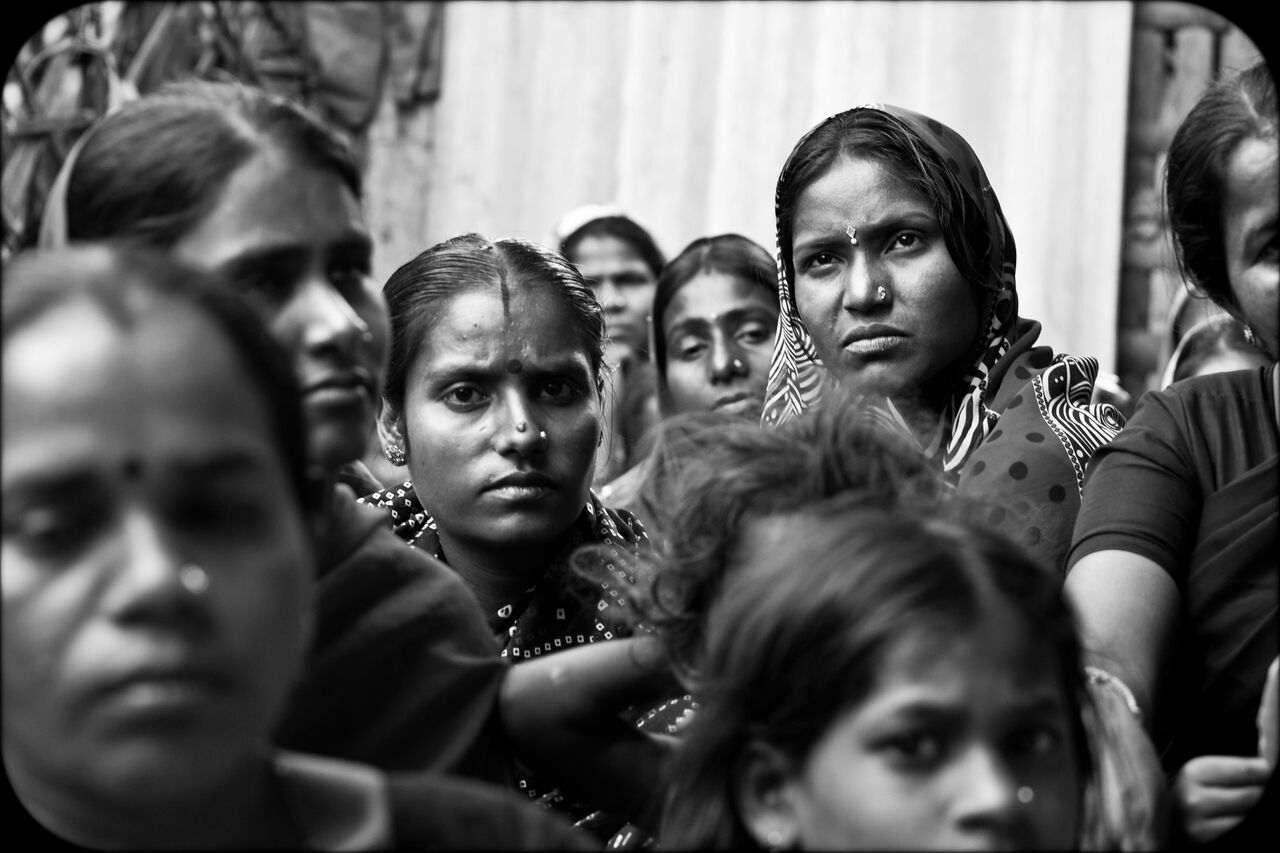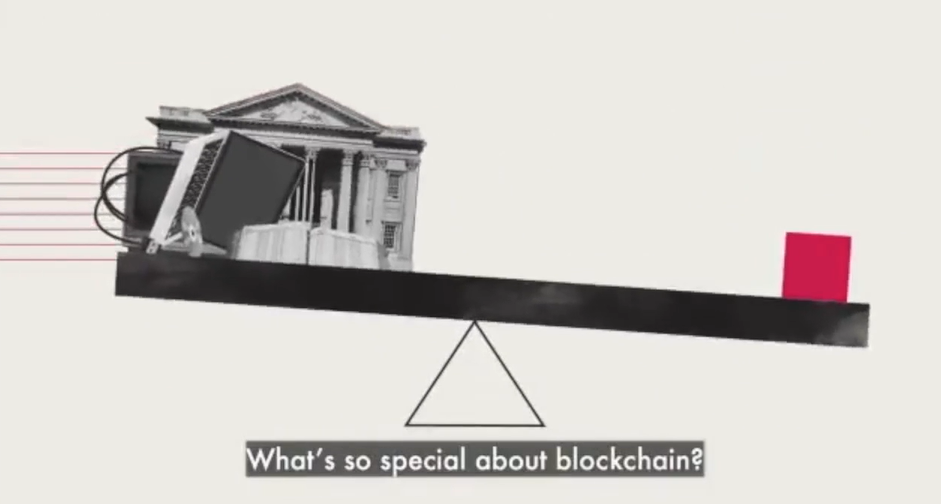1. Will the new southern philanthropy live up to its potential for transformational change?
By Ingrid Srinath for Civicus State of Civil Society report 2017
We are seeing a growing number of new philanthropists focussing on market-based approaches, quantifiable outcomes and ‘innovation’.
There is an unwillingness to engage with messy human processes; most tend to steer clear of issues and organisations that might be construed as politically sensitive or that risk government censure. They, therefore, find it easier to work in areas such as education, healthcare, financial services and livelihoods, than those that deal with human rights, accountability, or patriarchal and casteist power structures.
What this results in, however, is that the poorest, most remote and historically disadvantaged among us remain excluded, and are further disadvantaged by interventions that prioritise technological or market solutions.
It is critical for new philanthropists to amplify the concerns of those rendered voiceless, foster solidarity and help bridge the many divides that confront us, and invest in building civil society resilience.

Photo Courtesy: Charlotte Anderson Photography
2. Working with the government, effectively
By Anurag Behar for Mint, July 6, 2017
In this lucidly-written article, the CEO of Azim Premji Foundation busts some common myths associated with working with the government. He challenges the idea of the government as a monolithic abstraction, saying that it is the countless people who run the government machinery that finally decide the fate of your ambitious programmes.
Contrary to popular belief—and corporate experience—a top-down approach, where the chief minister or top government official endorses your programme, is no guarantee that your programme will be implemented the way you envisioned it. Because change happens—or doesn’t, as the case may be—at the block and district levels. Which is why it is important to focus on building relationships with people that really matter.phi
3. May the silent be damned
By Pratap Bhanu Mehta for The Indian Express, June 27, 2017
In this deeply disturbing piece, the writer examines how the narrative of violence in our country has shifted in recent times, “unfolding slowly, picking on individual victims, manifesting through a thousand cuts, rather than through a big cataclysm.” With attacks on individuals scattered across states becoming the new face of violence and hate, the message is chilling: it can happen to anyone, anywhere. And any form of resistance finds it hard to sustain in the face of a growing culture of fear: acts of protest are rendered weak with very passing incident.
4. Panel calls for ‘light’ regulation of NGOs
By Josy Joseph for The Hindu, July 9, 2017
Let IT not hurt. That seems to be the message from a Centre-appointed committee tasked with drawing up a framework to regulate nonprofits. The committee, headed by S. Vijay Kumar, has called for ‘light regulation’ of nonprofits in order to reduce the risk of harassment from authorities. Among other key recommendations made by the committee are modernisation of registration procedures, a seamless operation of the applicable provisions of the IT Act and FCRA Act, and reduction in physical interface between nonprofits and public officials.
Coming, as it does, in the wake of a growing number of instances of targeting of nonprofits under the IT Act and FCRA, the panel’s call for ‘reduction in mutual distrust’ certainly seems well-timed. A shorter version of the committee’s recommendations has been placed before the Supreme Court.
5. How Modi’s flagship Skill India project stumbled hard in its first year
By Anuj Srivas for The Wire on May 05, 2017
The government’s flagship skilling scheme—the Pradhan Mantri Kaushal Vikas Yojana (PMKVY) —spent over Rs 1,500 crore in training over 18 lakh people in 2015-16 but managed to place only 12.4 percent of the persons trained.
At this rate, the government’s goal of skilling 400 million people by 2022 might be a waste of resources if no attention is paid to whether these programmes will meet the needs of industry or provide employment to youth at decent wages.
More worrying is the fact that PMKVY seems to have benefitted the private vocational education sector instead of helping young people acquire skills and jobs.





